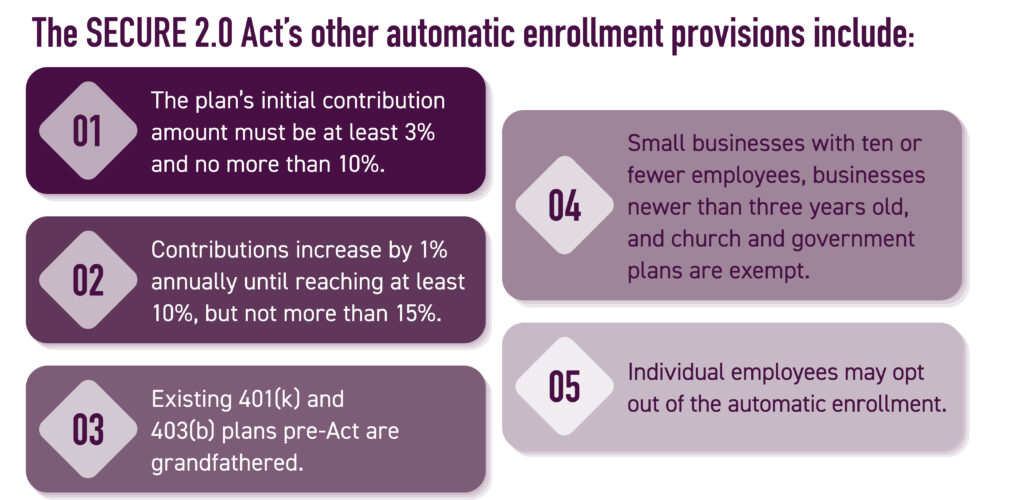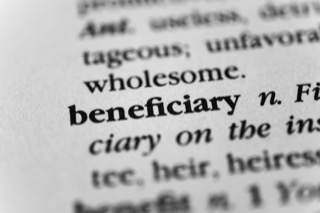Time to shore up your retirement security. For example, if you haven’t made a maximum contribution to an IRA for 2023, you have until the 2023 filing date for your personal tax return — April 15, 2024 — to max out your account. For the 2023 tax year, you can contribute up to $6,500 ($7,500 if you’re age 50 or older).
DEDUCTIBILITY
These contributions are tax-deductible as long as personal adjusted gross income (AGI) for 2023 doesn’t exceed $73,000 (filing single or head of household) and $116,000 (joint filers). Deductibility is phased out from $73,000-$83,000 and $116,000-$136,000.
NON-DEDUCTIBLE IRA CONTRIBUTIONS
If your 2023 IRA contribution won’t be deductible, consider a Roth IRA. While these contributions are made after tax, qualified distributions are tax-free, and you won’t have to take any minimum distributions during your lifetime. The amount you can contribute to a Roth IRA for 2023 is phased out with AGI between $138,000 and $153,000 (single and head of household filers) and $218,000 and $228,000 (joint filers).
EMPLOYER-SPONSORED PLAN
What about company contributions to your employer-sponsored retirement plan on behalf of yourself and other employees? These contributions must be deposited by the due date of your business tax return. Assuming your business and retirement plan have calendar fiscal years, the 2023 contributions must be made by the due date of the 2023 company tax return to be deductible.
For a corporation, that due date is probably April 15, 2024, without an extension, or October 15, 2024, if a six-month extension is received. It’s okay if the contribution is made after the tax return is filed, so long as the deposit is made before the tax return is due.
Different due dates apply to sole proprietors, partnerships, LLCs, and other entities. Confirm your contribution deadline when you provide your tax professional with your 2023 tax filing information.







